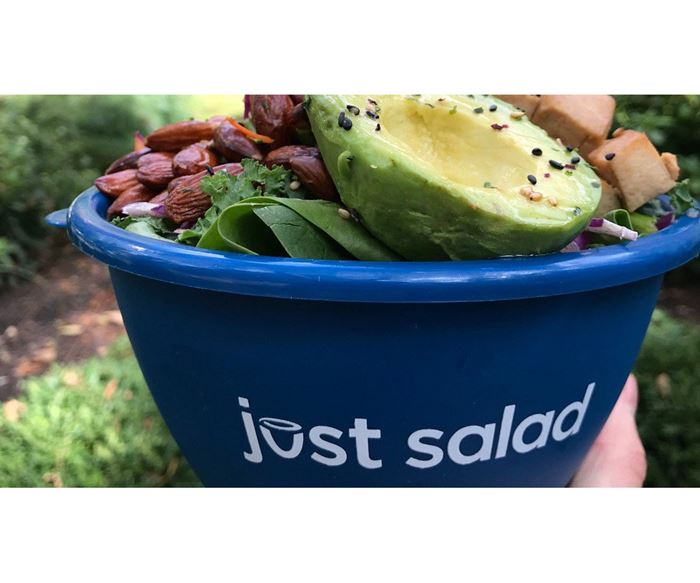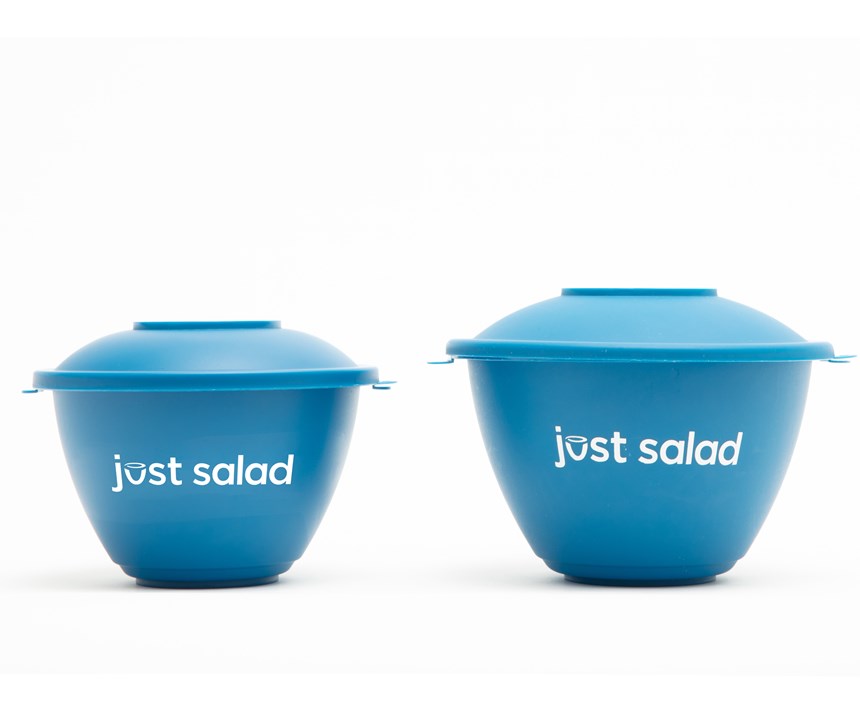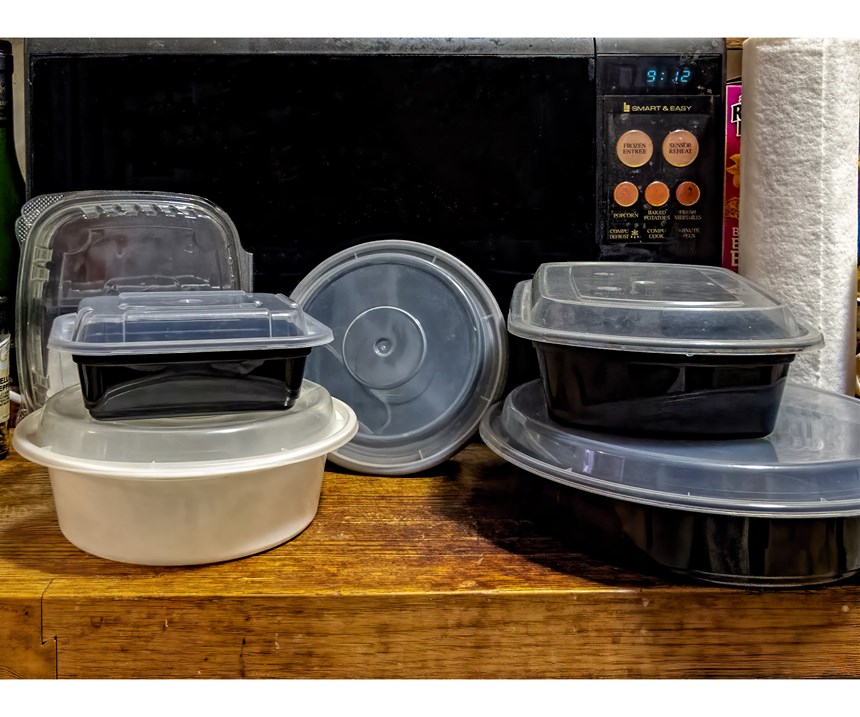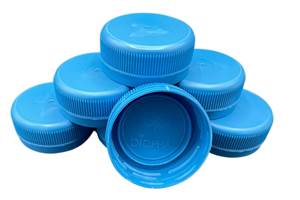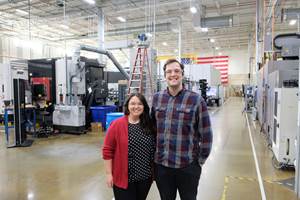Ban ‘Single-Use’ Plastics? What If They’re Not ‘Single’ Use?
Today’s high-quality bowls and trays for deli foods and restaurant carry-out should not be branded with the despised “single-use” label.
Whose heart is so hard as to resist a pathetic photo of a sea turtle tormented by ocean plastic? Who doesn’t recoil at plastic garbage on our beaches or roadsides or waving from branches of trees or shrubs? No one, of course.
So who applauds the current enthusiasm for city and state bans on plastic straws, bags, cutlery and other “single-use” plastics? Not many in our industry, I bet, and certainly few of those who know the facts of where the plastics in rivers and oceans—the main driver of public opinion today—really come from and what effect (nil) will result from plastic bans in industrialized countries like the United States.
The “hook” that most of the latest anti-plastics activity hangs on is “single-use.” Something crossed my desk recently that got me thinking about that two-word condemnation and about how it bears a closer look. What if so-called “single-use” plastics were really multi-use? Might that save some jobs or businesses in our industry? Without hurting any poor sea turtles or polar bears or disfiguring our natural environment?
A few days ago, I received a press release about a “green initiative” from the “fast casual” restaurant chain Just Salad. As part of its campaign to reduce plastic waste, it just introduced a reusable salad bowl for kids. Parents are encouraged to bring the dishwasher-safe polypropylene bowls with them on return visits to Just Salad restaurants. That is expected to save 100,000 lb of plastic in 2019. The reusable kids’ bowl expands on the company’s existing reusable bowl program—including a “VIP Black Bowl that allows customers to skip to the head of the line—which has been recognized by the EPA with a WasteWise award and is “the only restaurant reusable program approved by the New York City Dept. of Health,” according to Just Salad.
Reading about this campaign prodded me to take a look at the stack of plastic containers sitting on top of my refrigerator at home. Various sizes and shapes of PET clamshells and tubs or microwaveable PP bowls and trays—all with tightly sealing lids. I marvel at the sturdiness and excellent quality of these containers, left over from supermarket and deli purchases and restaurant takeout orders. More than once, I have remarked to my wife, “I can’t believe we get such good stuff for free. You used to have to attend a Tupperware party to get plastic of such quality.” So I wash and dry them and save as many as I have room for on top of my refrigerator—and recycle the rest.
I know many people agree with me that these “one-way” plastic containers are way too good to throw out after a single use. They’re not currently under threat in New York State, but they could be elsewhere, or even here in the future.
So maybe the makers of these containers—mainly injection molded, by all appearances—should try to get ahead of the anti-single-use trend by “re-branding” these containers as reusable or “multi-use” products. How? Perhaps by adding a message to the printed labels, or molding it into the part via a mold insert, saying something like, “Clean and reuse this container for storage of food or household objects. It’s dishwasher-safe and microwave-safe” (if applicable).
I know it’s a lost cause, but many people also agree that plastic carry-out bags are not “single-use” either. I use them as kitchen garbage bags, to store shoes out of season, carry picnic lunches, and for miscellaneous other purposes. Never mind, I don’t expect any such argument to impress either our City Council or the state legislature. But there may yet be hope to prevent our elected representatives from mistaking reusable rigid containers for despised “single-use” products.
I’d be eager to hear your comments, please drop me a line at mnaitove@ptonline.com.
Related Content
The Importance of Mass Balance in Chemical Recycling
Approaches to mass balance can dramatically impact calculations of recycled content.
Read MorePHA Compound Molded into “World’s First” Biodegradable Bottle Closures
Beyond Plastic and partners have created a certified biodegradable PHA compound that can be injection molded into 38-mm closures in a sub 6-second cycle from a multicavity hot runner tool.
Read MoreNPE2024 Wrap-Up: Sustainability Dominates Show Floor News
Across all process types, sustainability was a big theme at NPE2024. But there was plenty to see in automation and artificial intelligence as well.
Read MoreScaling Up Sustainable Solutions for Fiber Reinforced Composite Materials
Oak Ridge National Laboratory's Sustainable Manufacturing Technologies Group helps industrial partners tackle the sustainability challenges presented by fiber-reinforced composite materials.
Read MoreRead Next
People 4.0 – How to Get Buy-In from Your Staff for Industry 4.0 Systems
Implementing a production monitoring system as the foundation of a ‘smart factory’ is about integrating people with new technology as much as it is about integrating machines and computers. Here are tips from a company that has gone through the process.
Read MoreLead the Conversation, Change the Conversation
Coverage of single-use plastics can be both misleading and demoralizing. Here are 10 tips for changing the perception of the plastics industry at your company and in your community.
Read MoreSee Recyclers Close the Loop on Trade Show Production Scrap at NPE2024
A collaboration between show organizer PLASTICS, recycler CPR and size reduction experts WEIMA and Conair recovered and recycled all production scrap at NPE2024.
Read More

